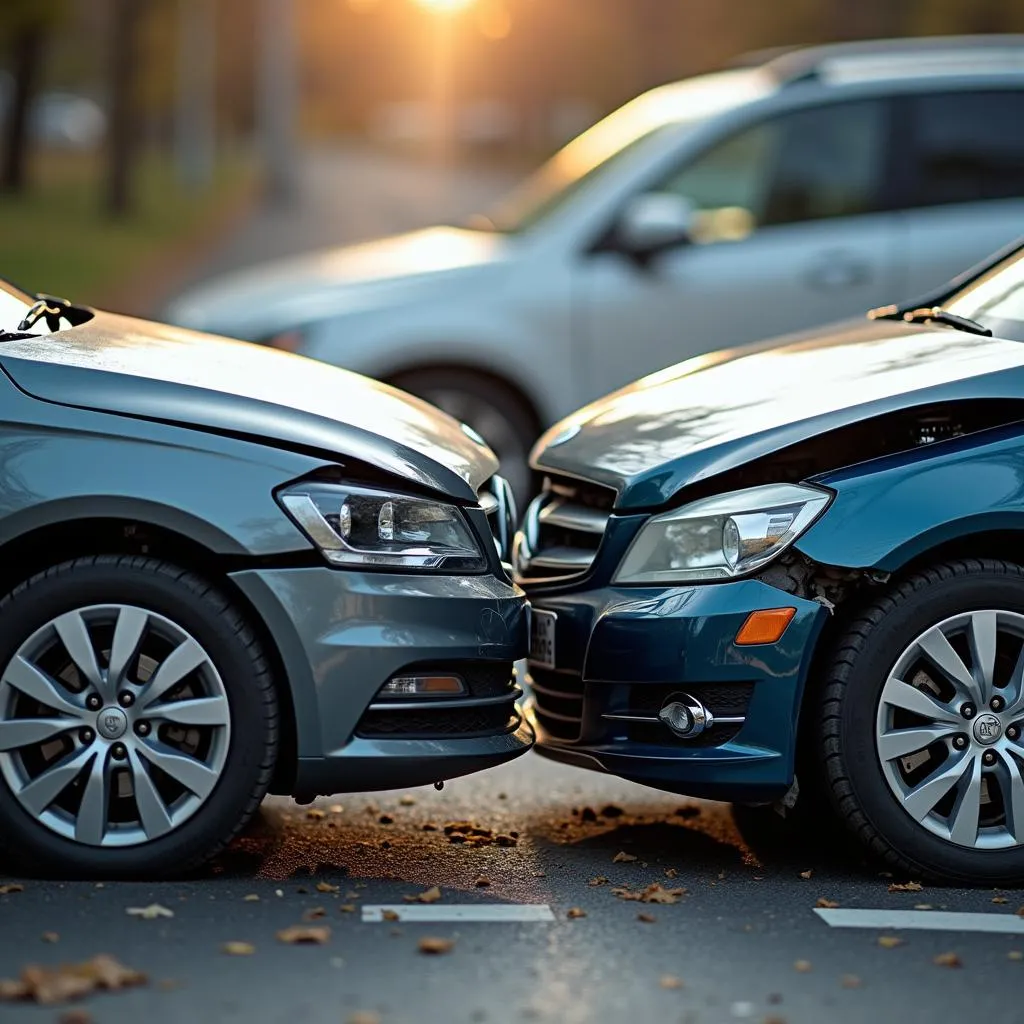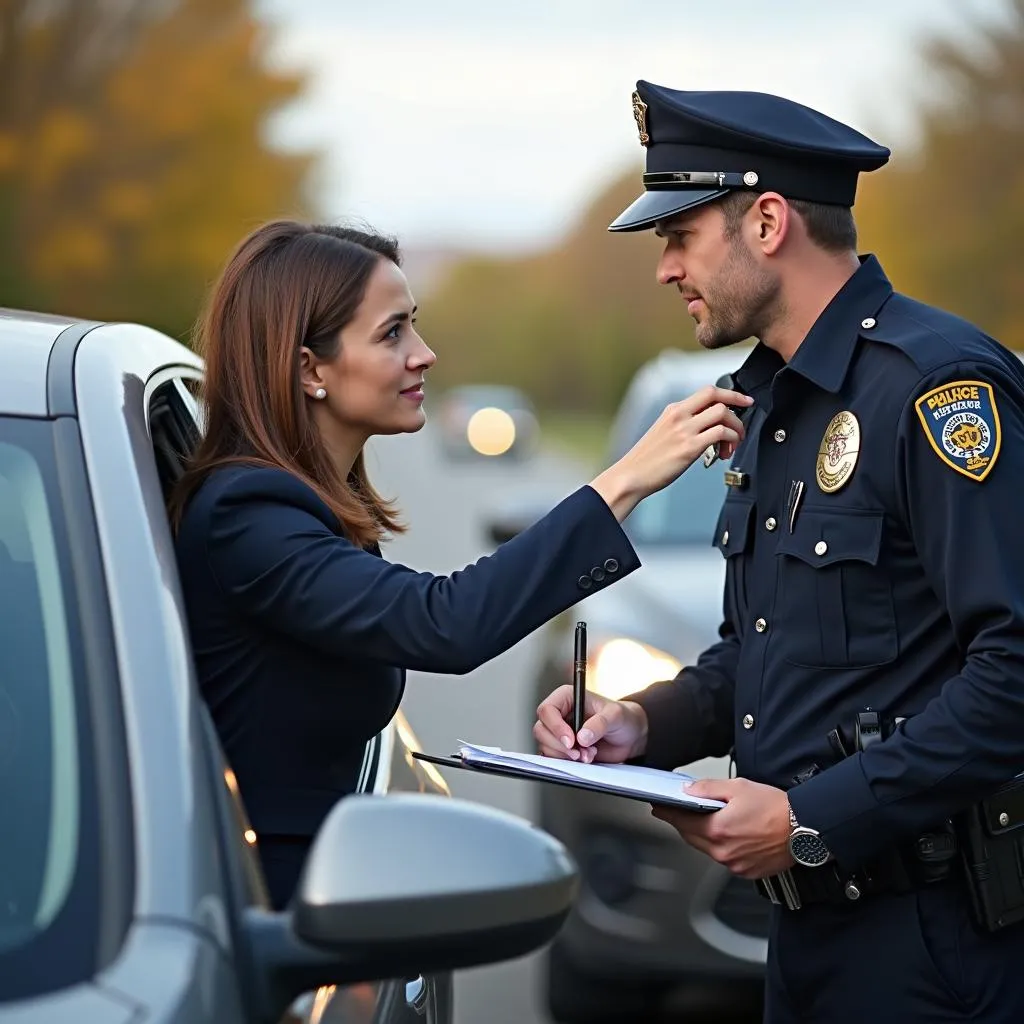Imagine this: you lend your car to a friend, and they get into an accident. The other driver, understandably upset, starts talking about lawsuits. You start to wonder, “Can I be sued for this?”. It’s a common fear, and the answer is a bit more complicated than a simple yes or no. Let’s break it down.
What Does This Question Really Mean?
To understand the legal ramifications, we need to look at this question from different perspectives:
The Mechanic’s Perspective: As someone who works on cars every day, I know that a car’s condition can contribute to accidents. Faulty brakes, worn tires, or even a malfunctioning taillight can increase the risk of a crash.
The Legal Perspective: The law focuses on responsibility. Was the car owner aware of any issues that could have contributed to the accident? Did they knowingly lend a vehicle in a dangerous state?
The Human Perspective: Lending a car is often an act of trust and friendship. Being sued because of another person’s actions can feel unfair and leave you feeling vulnerable.
 Car accident with two cars involved
Car accident with two cars involved
So, Can You Be Sued?
The short answer is: it depends. In most states, car owners are not automatically liable for accidents caused by other drivers. This principle is known as vicarious liability. However, there are exceptions.
Exceptions to the Rule
-
Negligent Entrustment: This is where the mechanic’s perspective comes in. If you lend your car to someone you know shouldn’t be driving (maybe they have a suspended license, a history of reckless driving, or you knew the brakes were failing), you could be held responsible.
-
Family Purpose Doctrine: Some states have this doctrine, which makes the owner of a vehicle liable for damages caused by immediate family members driving the car.
-
Permissive Use: If you regularly allow someone to drive your car, even without a formal agreement, some states might consider it implied permission, opening you up to potential liability.
Real-World Examples
-
Case Study 1: John lends his car to his roommate, Mark. Mark is known for speeding and has received multiple tickets. If Mark causes an accident, John could be held liable under negligent entrustment.
-
Case Study 2: Sarah lives in a state with the Family Purpose Doctrine. Her son, who is still listed on her insurance, causes an accident while running errands. Sarah might be held liable even though she wasn’t driving.
 Driver explaining the situation to a police officer after an accident
Driver explaining the situation to a police officer after an accident
What To Do If You’re Facing a Lawsuit
Being sued is stressful, but here’s what you should do:
-
Don’t Panic: Take a deep breath and gather all the information you can about the accident.
-
Contact Your Insurance Company: Inform them about the lawsuit immediately.
-
Consult a Lawyer: An experienced attorney specializing in auto accidents can guide you through the legal process and protect your rights.
Similar Questions You Might Have
- Can I be sued if someone borrows my car without asking?
- Does my car insurance cover other drivers?
- How can I protect myself when lending out my car?
Navigating the aftermath of a car accident is never easy, especially when you weren’t even behind the wheel. Remember, understanding your state’s laws and practicing responsible car ownership is crucial.
Need Help with Your Car’s Diagnostic Tools?
We understand that car troubles can be incredibly stressful. If you’re experiencing issues with your car’s diagnostic systems or need expert advice, don’t hesitate to reach out. Contact us on WhatsApp at +84767531508 for 24/7 support from our team of experienced auto repair specialists. We’re here to help you get back on the road with confidence.
We hope this article has been helpful in shedding some light on a complex issue. If you found this information useful, please consider sharing it with your friends and family. You never know who might benefit from understanding their rights and responsibilities when lending out their car.
